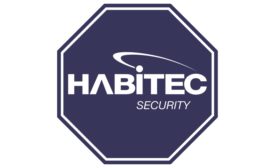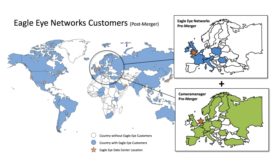Articles by Tim A. Scally
Cyber Reality: How the Security Industry Is Adjusting to the New Normal
Gone are the days when cybersecurity was someone else’s problem. With savvy and tenacious hackers who can use almost anything connected to a network to access systems, and evolving and seemingly implacable threats, just where does the security industry stand on the cyber preparedness spectrum?
September 2, 2017
It’s Time to Rethink INTERCOMS
Intercoms have been around for decades with little variation in technology. Recently, however, technological advances, coupled with a drive to secure perimeters in light of terrorism and workplace violence, have made intercoms a key part of a complete security system.
August 1, 2017
Get our new eMagazine delivered to your inbox every month.
Stay in the know on the latest security marketplace trends.
SUBSCRIBE TODAY!Copyright ©2024. All Rights Reserved BNP Media.
Design, CMS, Hosting & Web Development :: ePublishing










